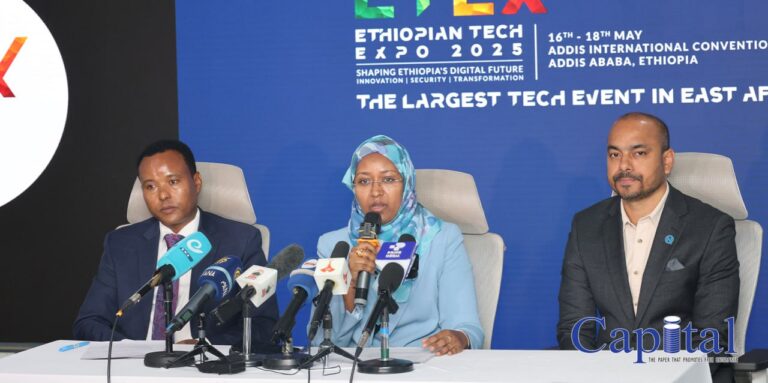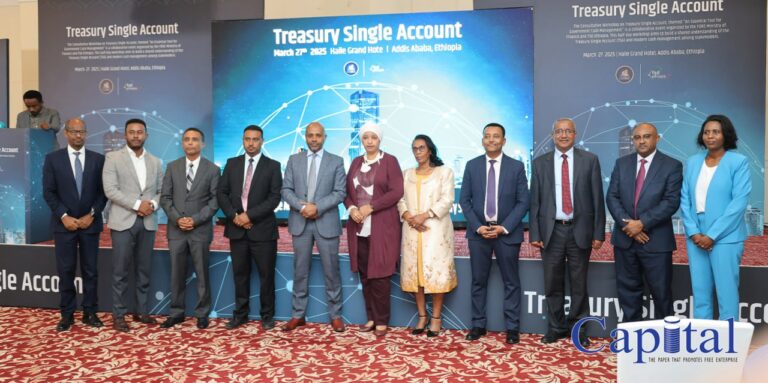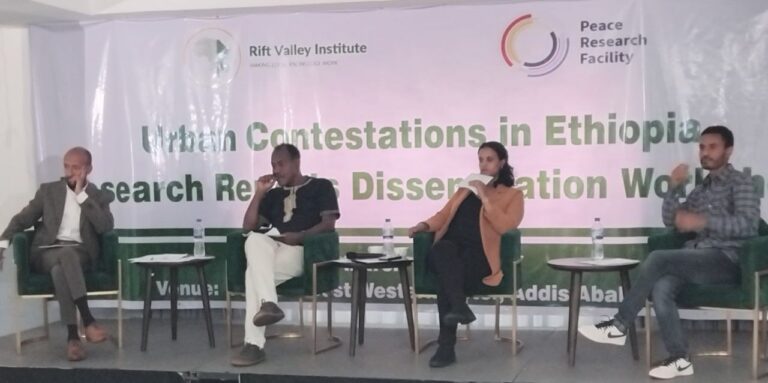Africa’s digital payments economy is projected to grow significantly, with a recent Mastercard-commissioned report by Genesis Analytics forecasting that it will reach $1.5 trillion by 2030. As a longstanding partner in Africa’s technological advancement, Mastercard is doubling down on its commitment to the continent’s digital growth through strategic investments, public-private partnerships, and innovative initiatives.
Mastercard’s efforts aim to enhance digital connectivity, broaden economic opportunities, and empower millions of individuals and businesses to thrive within the digital economy. The company is focusing on three primary areas to accelerate digital adoption and financial inclusion: supporting Micro, Small, and Medium Enterprises (MSMEs), empowering the fintech sector, and scaling cross-border payments.
“Africa is filled with immense possibilities, and its people have the potential to shape the global economy in the decades ahead,” said Dimitrios Dosis, President of Eastern Europe, Middle East, and Africa at Mastercard. “By increasing our investments and fostering inclusion, we are helping build a more connected and accessible digital future.”
The report highlights the rapid advancements in internet penetration and financial inclusion as key drivers of Africa’s digital transformation. Internet access is expected to grow at a compound annual rate of 20%, while financial inclusion is projected to expand at 6% annually. This shift towards digital transactions reflects a greater acceptance of contactless solutions, further promoting economic participation and accessibility.
Mastercard’s commitment to Africa’s MSMEs is particularly noteworthy, as these businesses contribute over 50% of the continent’s GDP. Through initiatives like the Mobilizing Access to the Digital Economy (MADE) Alliance, Mastercard aims to extend digital access to 100 million individuals and businesses in the coming decade. The company has set a target to register 15 million users on its Community Pass platform, which connects remote communities to vital services.
Africa’s burgeoning fintech ecosystem is another focal point for Mastercard. With nearly half of all fintech firms established in the last six years and $6 billion raised in equity financing, the sector is recognized as a key driver of economic progress. Mastercard is collaborating with banks and telecom companies to foster fintech growth and expand into new markets, exemplified by its partnerships with M-Pesa in Kenya and MTN Group Fintech.
These collaborations enable millions of unbanked individuals to access financial services through mobile platforms. Additionally, Mastercard’s global Fintech Express program offers fintech companies streamlined support for card issuance, enhancing security and consumer protection against online scams.
Cross-border transactions are vital for economic mobility in Africa, with the continent receiving approximately $100 billion in remittances in 2023, making up about 6% of its GDP. Mastercard is enhancing the ease of these transactions through its Cross-Border Services, which provide a secure and reliable mechanism for remittances.
Recent partnerships with Africa’s Access Bank and Equity Bank aim to simplify and enhance the convenience of cross-border payments. These collaborations allow customers to execute transactions across multiple markets via various methods, including bank accounts, mobile wallets, and cash.








